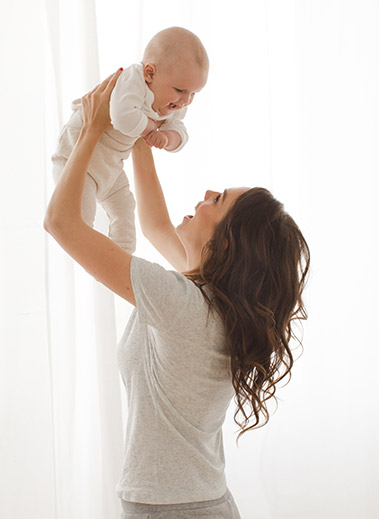How can Lifestyle affect fertility
Eating a healthy, nutritious and varied diet will help ensure that a woman’s body is healthy and able to conceive and nourish a developing baby. Eating plenty of fresh fruit and vegetables, especially green vegetables rich in folic acid, is recommended. Folic acid supplements (at least 400 mcg), started 3 months before, and continued for up to 12 weeks during pregnancy, are very important as they reduce the incidence of neural tubal diseases in newborns.
Being overweight or underweight can disrupt the menstrual cycle. In the case of overweight women, losing 10% of body weight may affect spontaneous ovulation or the response to hormonal medications used to induce ovulation. Excessive alcohol consumption can damage both sperm and eggs. Women are advised to limit their intake to the recommended 14 units (approximately 1 ½ glasses of wine) a week, and men to 21 units (approximately 2 glasses of wine) per week. Smoking cigarettes or marijuana can interfere with ovulation and reduce sperm count, decreasing the chances of pregnancy by 40%; therefore, it is advisable to stop this habit as soon as possible.
Environmental toxins such us lead, pesticides, paint solvents, etc., have also been found to have negative effects on fertility. Avoid exposure whenever possible. Advise your doctor of all medications you are taking, as some prescription drugs are not safe in pregnancy. Men should avoid excessive exposure to heat such as saunas, hot baths, and tight fitting underclothes.

Book An Appointment
We are at your disposal to assist you and answer all your questions.
CALL US
+30 210 777 99 20 / +30 210 691 12 00
